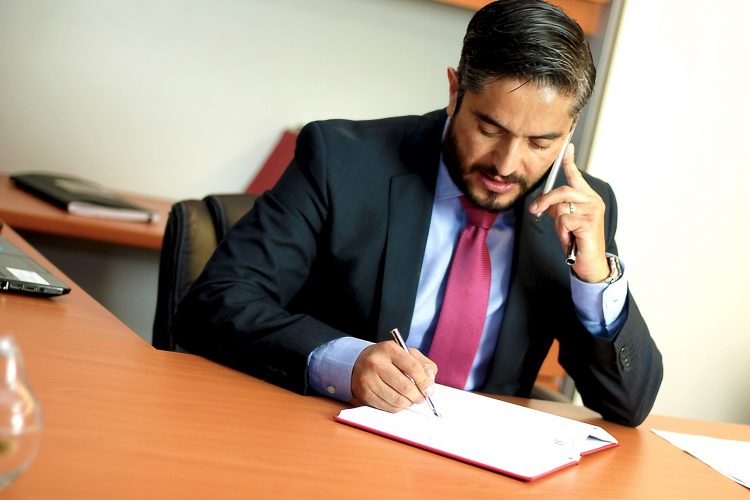Copyright theft is serious business in Canada. The penalties for someone who does it can be steep. First, you must take strong steps to enforce your intellectual property rights. When you have a copyright in Canada, you have the exclusive rights to use the copyrighted material. The law gives you relief.
There are a number of ways that someone could infringe upon your copyright. They include:
- Performing a work that has been copyrighted.
- Downloading a copyrighted work.
- Reproducing a copyrighted artistic work (i.e., a logo) on your website
Image and text copyrights are the two most common types of copyright infringement.
You Must Be the One to Take Action
Just because you own the copyright does not automatically mean that it is enforced. The courts will not enforce the copyright for you if you do not say anything. Instead, copyright enforcement is something that you must actively do on your own. It requires both vigilance and tenacity.
It is also not always easy to prove copyright infringement. However, that does not mean that you shouldn’t try. If you sit back and let someone else violate your rights, it defeats the purpose of getting a copyright in the first place. The federal government does not act as the police for copyright infringement cases. It is the court system that enforces copyrights, but only after you file a lawsuit.
The first thing that you need to establish is that someone has infringed on your copyright. This is not always a clear-cut case. Some uses of the copyrighted material could ride and may not strictly be copyright infringement. Some cases of copyright infringement are arguable. The other party may have consulted with a lawyer themselves and received their own opinion that they were not infringing on a copyright.
Call an Attorney at the First Possible Opportunity
Your first call should be to a copyright attorney to establish infringement. Your Toronto IP lawyer may tell you that the use of the material was permissible. Many times, they will tell you that you have a convincing case for copyright infringement.
Your lawyer will probably ask you to gather evidence of the possible infringement. After all, you would eventually need to prove your case in court, so you should start collecting evidence to help demonstrate that there has been infringement. You and your lawyer would devise an infringement strategy to enforce your rights.
Copyright infringement cases can be very technical. There could be arguments on both sides of the coin. These cases could become even more complicated when you are dealing with software issues.
Nonetheless, it is the court that has the final say over matters of copyright infringement. Even if you and your lawyer believe that your copyright was violated, a judge would have to agree with that before you could have a remedy.
Resolving the Issue Informally Is the Best Outcome
The best-case scenario is that you are able to stay out of court. You may be able to resolve the issue through an exchange of letters with the party infringing on your copyright. They may not know that they are encroaching on your rights, or they may be rolling the dice that you may not discover the infringement.
Either way, sending them a letter letting them know that you will take action will spark a dialogue that could cause them to stop. This is the quickest and cheapest way to resolve a copyright dispute. In many cases, a cease-and-desist letter is enough to get the job done. The infringer may even agree to pay you by licensing your copyrighted material.
How to Prove Copyright Infringement
However, you do not get to determine on your own that there has been copyright infringement. If the other party will not stop their conduct, you will have to go to court to put an end to it and get damages. You have three years from the time that you knew or should have known that the copyright was violated to file a lawsuit. There are three primary things that you must do in a copyright infringement case:
- Show that you own the rights to the copyright
- Prove that the work itself is copyrighted
- Demonstrate that there has been copyright infringement
The Outcomes in a Copyright Infringement Case
The copyright infringement litigation process can be technical and drawn out. In most cases, the other party will contest your claims because they face the potential of serious damages if they lose. They could be assessed with the following types of judgments:
- Damages based on an amount set by law
- Damages based on the harm that they committed
- An injunction to stop using your copyrighted work
Regardless, you should not sit idly by when someone is infringing on your copyright because you could lose the right to enforce it.

